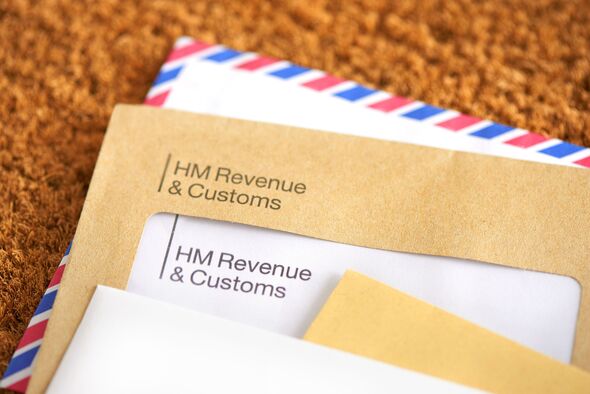Fraud comes in many forms, but one of the most devastating for businesses is invoice fraud. Alan Steven, a farmer near St Andrews in Fife, learned this the hard way when fraudsters scammed him out of £28,000.
Invoice fraud can lead to significant financial losses. It also disrupts business operations, damages supplier relationships, and causes emotional distress for victims. In Alan’s case, the scam not only drained his funds but also impacted his mental health.
Alan’s Experience
Alan unknowingly paid £12,000 to a fraudulent building contractor and £16,000 to a fake grain merchant. It wasn’t until one of his actual suppliers began chasing him for payment that he realised something was wrong. Fraudsters had hacked into Alan’s email account. They cloned genuine invoices, inserting their own bank details to siphon off his funds.
“I’m not technically savvy,” Alan admitted. “We’re pressurised, trying to manage everything ourselves. I wanted to get the work done and pay the bills quickly.” While Alan managed to recover a portion of the money through his bank and insurance, he still lost £16,000. “It’s gutting,” he said. “It’s like losing a year’s wages.” The emotional toll was just as severe. “I’ve struggled with depression in the past, and this has made it hard to stay positive,” Alan explained.
What Is Invoice Fraud?
Invoice fraud occurs when scammers intercept legitimate invoices, alter bank details, and trick businesses into transferring money into fraudulent accounts.
In most cases, fraudsters hack into email systems to monitor communication between businesses and suppliers. Once they identify an upcoming payment, they replicate the invoice, change the payment details, and send it to the unsuspecting victim.
This type of fraud is particularly dangerous because the fake invoices look legitimate. Many businesses, like Alan’s farm, operate under tight schedules and may not have time to verify every detail of every invoice.
The Scale of the Problem
Alan’s story isn’t unique. Last year, invoice fraud cost UK businesses around £50 million, with 80% of cases originating from fraudulent emails. The farming sector, like many industries, is particularly vulnerable due to its reliance on email communication and the often-pressurised environment in which farmers operate.
Action Fraud, the national fraud reporting centre, revealed that invoice fraud in the farming community is rising. In 2022, 35 cases were reported, increasing to 54 in 2023—a 50% jump in just one year. These figures reflect a broader trend as fraudsters become more sophisticated and opportunistic.
Fraud Awareness and Prevention
Alan’s experience underscores the urgent need for greater fraud awareness. Many victims don’t realise they’ve been targeted until it’s too late. Invoice fraud thrives on a lack of verification and technical knowledge, making education a critical tool in the fight against these types of scams. Businesses can reduce their risk by adopting simple fraud prevention measures:
- Verify payment details. Always double-check bank account information with suppliers before transferring large sums.
- Invest in email security. Strengthen email systems with multi-factor authentication and regular password updates.
- Train staff. Educate employees about invoice fraud and how to spot suspicious activity.
Emotional Damage
Like many in the farming community, Alan relied on email to manage his invoices. The invoices he received looked genuine, mirroring the format of those sent by his usual suppliers. The only difference was the bank details at the bottom.
For victims like Alan, the impact of invoice fraud goes beyond the financial loss. Losing the equivalent of a year’s wages was devastating, but the emotional strain was equally overwhelming. “You can’t just forget about it,” Alan said. “It’s always in the back of your mind.” His story serves as a reminder that fraud prevention isn’t just about systems and protocols—it’s about recognising the human cost of these crimes.
Reporting Invoice Fraud
If you suspect invoice fraud, act immediately. Contact your bank to try and recover the funds and report the incident to Action Fraud. Every report contributes to building intelligence that helps authorities combat scams and raise fraud awareness across the UK. Action Fraud encourages businesses to remain vigilant and report suspicious activity. “Your report could be the final piece in the puzzle,” a spokesperson said.
Invoice fraud is a growing problem that affects businesses of all sizes. For farmers like Alan, the combination of financial pressure and tight schedules makes them especially vulnerable. Alan’s story is a stark reminder that vigilance and education are crucial in the fight against invoice fraud. Don’t let fraudsters take what you’ve worked so hard to build—stay alert, verify details, and report suspicious activity.



